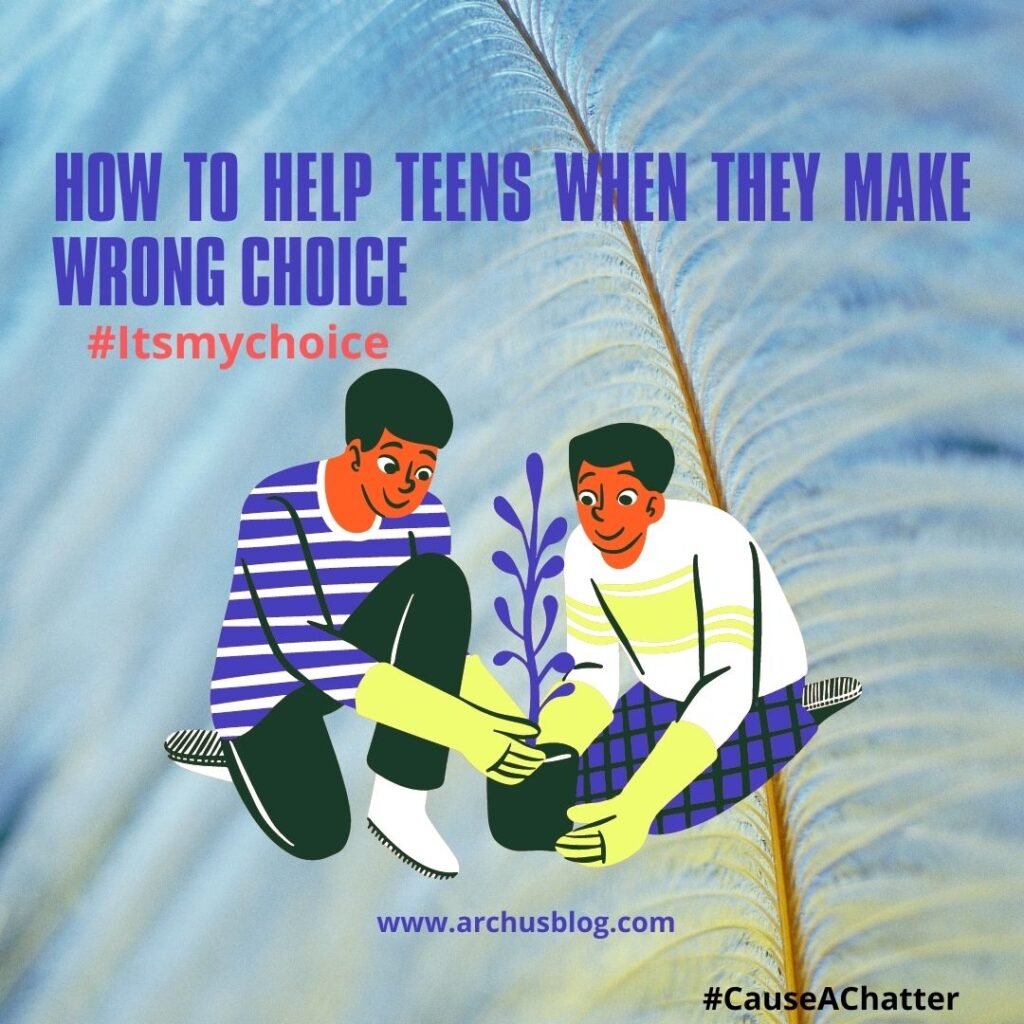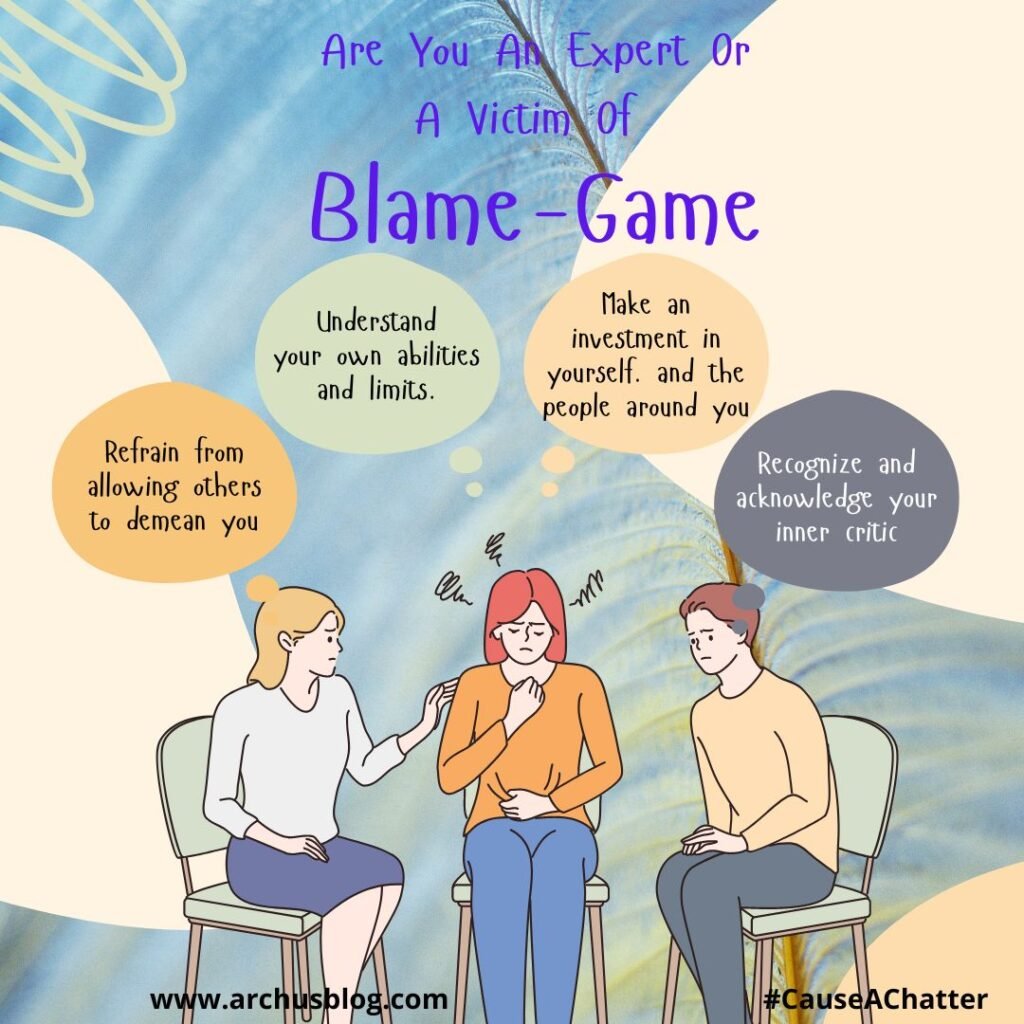As a mother of a tween child, I am on the path of preparing my kid to be a good decision maker who could pick the right choice among the umpteen options. Whatever we say about the choices ultimately these choices are going to be the blueprint of our life.
Before heading further, I would like to share a quote by the former President of South Africa Late. Mr. Nelson Mandela.
“May your choices reflect your hopes, not your fears.” ~ Nelson Mandela
I stuck this in my child’s room since I really want my child to understand the major goal of the process of making a choice, whatever or whichever option he picks in the future; he should be a torch bearer of his hopes only not fear.
Teenage is the age where, as a parent, we start losing control over the kids and offering them the guidance we have earned in these years. Although we begin cultivating the seeds of decision-making from a young age at the teenage the roots of the decision-making process go deeper.
So it becomes the need of the hour to give our child the responsibility for three main choices that are solely made by him daily. That certainly put the foundation brick of their confidence, and of course their sense of responsibility.
Here are those 3 choices:
1). Choice of approach to the problem
We keep telling our children that “every problem has a solution” what if we ask them to change their outlook on the situation, and try to change their reaction toward a particular action? This might save them from draining out ideas and the hassle of thoughts flowing in their mind. Let’s tell our children to practice this choice of attitude activity every day.
2). Choice of goals, the company around them
Let your child give the freedom to chalk out their goals. Make them understand how the right choice matters a lot while choosing a company/friend or people around you. You are your boss to decide with whom you would like to walk. How is it important to keep checking on you if your thought of reaching the goals is growing with the present company or not? Everyone must have some small cluster of meaningful goals to succeed.
3). Choice of words
Let your child know about their rights as an individual, for example, a right to say NO or ask for more or a right to express their views everything has their ways of happening within the boundaries of humbleness and respectful manner where they can proudly say #Itsmychoice. It can only be done when they accept what they are in reality rather than lingering between the act of pretending and pleasing.
Despite following a long list of do’s and don’t. pros and cons, cure and precautions in your parenting no one would be able to guarantee, there would not be a hurdle in the path. There would be equal chances of derailment.
Now, what next? Here comes another side of the coin in the parenting journey after the damage has been done.
Before reaching any conclusion, we must understand that teens’ brains are still not fully developed at this age, which helps them control their decision-making process until they become adults. And hey, parents keep in mind it is absolutely normal.
How to help your teen when they make a bad choice?
1). Listen to them
2). Tell them there is something huge to learn from the mistakes
3). Encourage them to rectify the damage or change of path if required
4). Revitalize their morale by sharing some similar stories
5). Do not discuss the same mistake, again and again, promote “Learn and move on therapy”
6). Ensure the security of their secrets
Have you ever been in a situation where uninvited damage pushed you to rethink your action plan? Do share your stories!
Read More: Are you an expert in blaming others?
This post is written for IT’S MY CHOICE Blog Train by Gleefulblogger & Wigglingpen ( in association with ) Vedix & Kerala Ayurveda
This post is a part of #CauseAChatter hosted by Blogchatter
Copyright © Archana Srivastava
This article/ image is the property of Archana Srivastava founder of archusblog.com. Any unauthorized use or duplication of this material without express and written permission from this site is strictly prohibited.
If you are a brand, for any collaboration or review, you can email me at archana.sahay9@gmail.com.






Adolescence is a period offering challenges to parents and the youngsters themselves, and Mandela’s quote would serve as a beacon of hope to them.
Thank you for sharing this dear, all the points mentioned are so helpful for every parent for understanding teens and making life easy
When are become parents, a sense of responsibility comes with it too. Though that doesn’t stop us from being what we are, each step and action will get a reaction or replication. That needs to be taken into consideration too. What a wonderful post, thank you for being a part of our Blog Hop.
Teenage comes with its challenges and both the kid and parent need to learn how to deal with them. Great post. I haven’t had to make any tough decisions or intervene as yet. Hopefully it’ll stay that way.
Absolutely Archana being a parent here comes our responsibility in guiding our kids about the choices they make in life. Just be around, give that environment where they can understand what is good and bad and support them in their decisions.
my daughter is already a tween and im already implement half of the above written points. thanks to you i know im doing something right.
Loved you take on the topic, Archu. Very insightful post. My daughter is hardly 9 and I keep thinking about my role in her teenage, that’s how challenging it is.
I believe any new phase of parenting comes with its own challenges and so as parents we need to keep accommodating to the changes of every phase. You have raised important points about helping teenagers make the right choices.You have rightly shared the importance to explain them the importance of choosing goals , words , company which helps in your personal growth.
During adolescence, teenagers make numerous decisions about school, friends, and the future. However, the parts of the brain that control decision-making do not fully develop until early adulthood. As a result, a teen’s developing brain puts them at greater risk of making poor decisions and being less able to consider the consequences of their choices. You have mentioned great points to tackle this situation. It will help parents of teenagers like me.